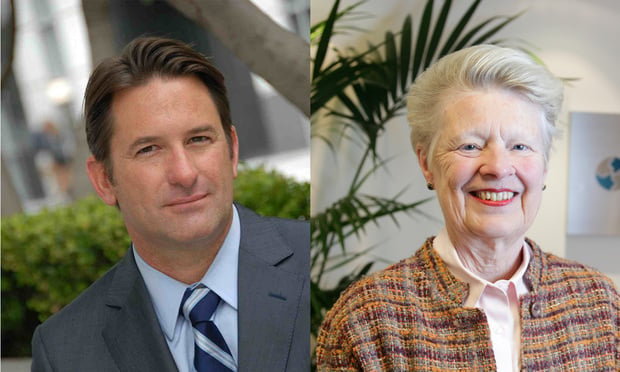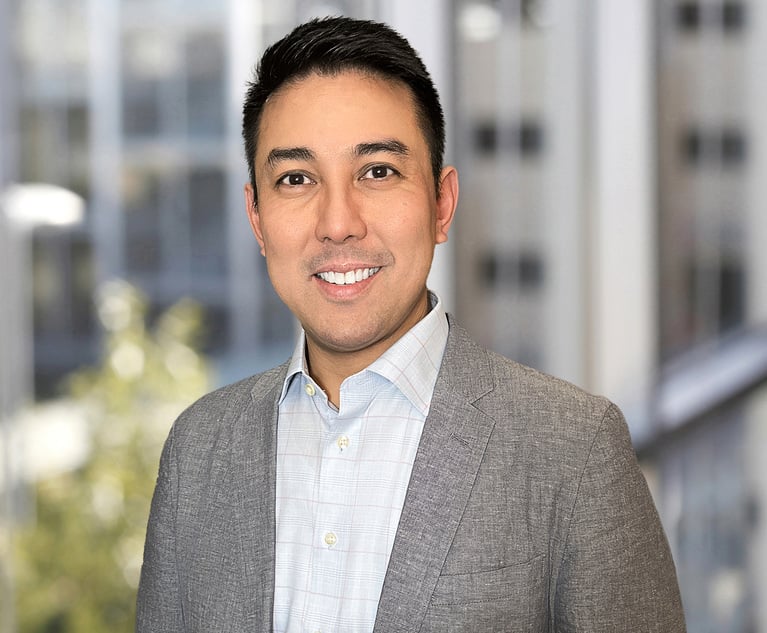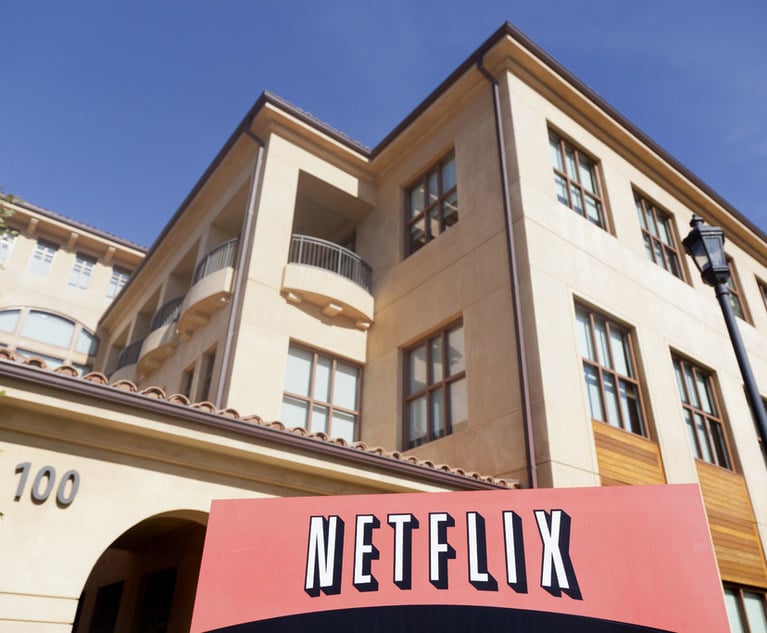Two shareholder derivative lawsuits filed last week demanding that Oracle and Facebook each replace three of their board members with Black and minority leaders did not mince any words.
The suits started with pictures of mainly white board members and executive leadership teams. They alleged that Oracle and Facebook were known to have “the oldest and most egregious ‘Old Boy’s Club’ in Silicon Valley.” The lawsuits also said that “[i]f Oracle simply disclosed that it does not want any Black individuals on its Board, it would be racist but honest.” And “[a]t Facebook, apparently Zuckerberg wants Blacks to be seen but not heard.”


 Frank Bottini of Bottini & Bottini and Louise Renne of Renne Public Law Group (courtesy photo; Hillary Jones-Mixon)
Frank Bottini of Bottini & Bottini and Louise Renne of Renne Public Law Group (courtesy photo; Hillary Jones-Mixon)





